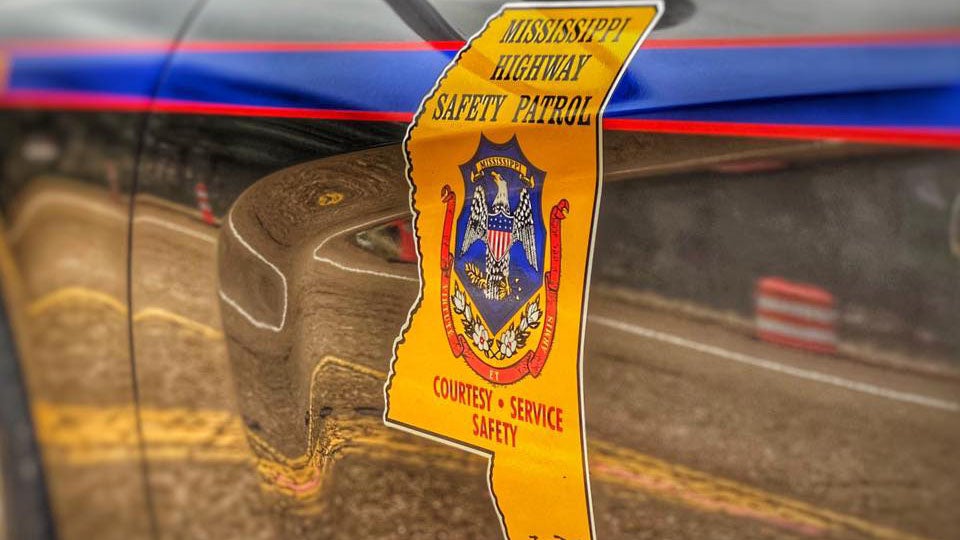Plan now for bad weather later
Published 5:00 am Monday, August 17, 2009
With hurricanes and tropical storms starting to pop up in theAtlantic Ocean and head toward the Gulf of Mexico, area residentscan probably call to memory at least twice in recent years when theweather hit Lincoln County hard toward the end of August.
With Tropical Storm Claudette having come ashore near theFlorida panhandle and pushing its way northwest, officials said theLincoln County area may see some rain as a spinoff. But, moreimportantly, it’s time to start thinking in terms of disasterplans.
Both Hurricane Katrina in 2005 and Hurricane Gustav in 2008 cameat the end of August, bringing storms and power outages and otherdestruction. Lincoln County Civil Defense Director Clifford Galeysaid simple preparation can keep problems to a minimum during atime of weather-created crisis.
“Be sure to have enough food and water and non-perishable itemsin your cabinets in case the power goes out,” he said. “And just incase, rotate those out on a monthly basis when you go to thegrocery store so they’re not sitting around.”
Lincoln County Fire Association Vice President Kirk Douglas saidanother easy way to preserve food if the power goes out is to beginstocking up on ice now.
“Go ahead and buy 20-30 bags of ice, because that will keep yourfreezers even without a generator,” Douglas said. “Or go ahead andstart keeping your Coke bottles and two-liter drink bottles, andfill them with water and freeze them.”
Another thing it’s a good idea to stock up on, Douglas said, isgasoline. There are additives that can be put in the fuel, he said,that can keep it good for up to a year.
“Not that there’s really a shortage in those situations, butit’s the deliverability that’s cut back,” he said. “It’s hard toget it where it needs to be delivered to so it doesn’t hurt togradually stock up.”
But while the storms and bad weather that come through with ahurricane can be a traumatic event, the time when preparation comesin as most important is the aftermath. Galey said if at allpossible, it is important to stay out of the weather.
“It’s always safer not to get out if you don’t have to, and haveyour non-perishables, your generator, flashlights, and radios withplenty of batteries,” he said. “It’s best to stay home until it’ssafe to get out.”
Douglas stressed that people need to stay in because it’s notjust about safety for residents. Emergency workers are on the roadstrying to clear trees and debris, and having civilians out can addto the dangers.
“It’s in the aftermath that people go crazy,” he said. “Ifyou’ve already prepared your home for this situation, you don’tneed to be out riding around.”
Galey said that if storms look like they will threaten the area,and especially if there is a reason to evacuate or prepare forextremely severe weather, citizens will be made aware through localmedia outlets.
“We’d get it publicized through the newspaper and local radiostations, and you’ll see plenty on the television stations,” hesaid.




